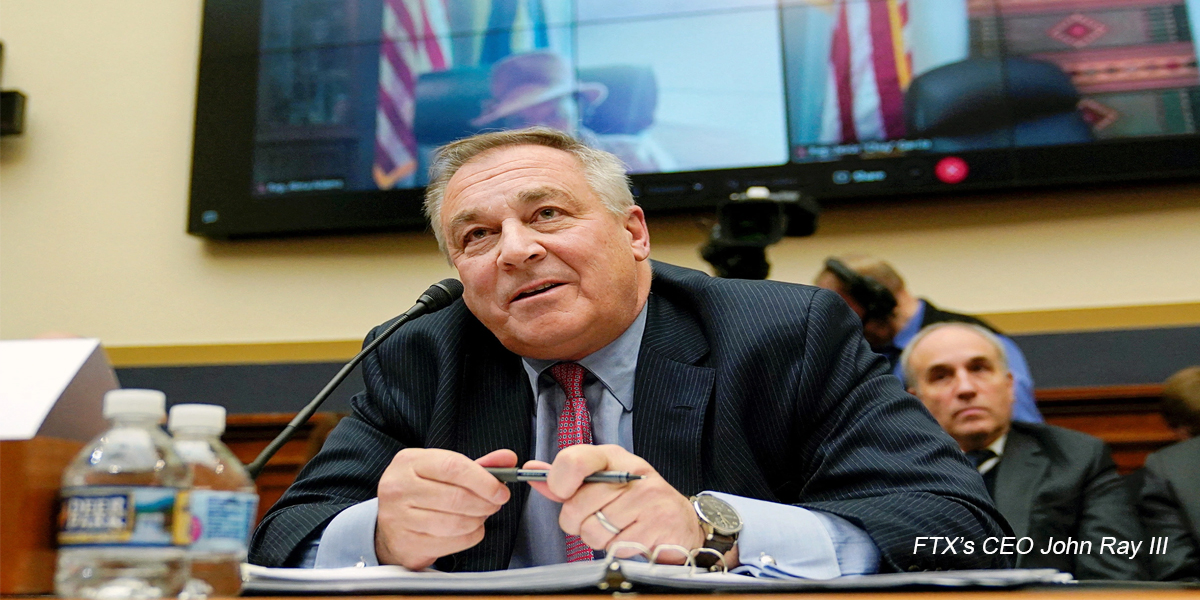Politicians and political groups who received donations from the currently beleaguered crypto platform FTX or its founders prior to filing for bankruptcy are now being asked to give the money back.
Currently, the company’s new management is sending a barrage of confidential messages to politicians and other recipients of Sam Bankman-Fried’s largesse as a way of recovering assets that can help repay around one million creditors. As if this was not complicated enough, donations need to be sent back by February 28th or else FTX will be within its rights to sue the aforementioned recipients.
In a statement issued on Sunday, February 5th, FTX stated that, in the event that a recipient refused to turn the money over, its debtors reserve the right to commence legal action before the Bankruptcy Court in order to secure the return of such payments as well as any interest from the date these were given. Even those who turned the money over to recognized charities or reputable third parties were sent a demand of return.
Political Dynamo
At the height of FTX’s influence, Bankman-Fried made regular appearances in Washington’s political scene, eventually becoming one of the Democratic Party’s biggest individual donors.
Apart from lobbying for light-touch regulation for the cryptocurrency sector, Bankman-Fried gained both fame and notoriety through his donation of nearly $40 million to political action committees and campaigns.
Based on records from the Federal Election Commission, he was also a staunch supporter of the Democrats during the lead-up to the 2022 midterm elections. However, Bankman-Fried later admitted that he donated an equal amount to the Republican Party.
According to federal prosecutors, those political donations were, in essence, stolen money. At the direction of Bankman-Fried, FTX executives took funds from customer deposits to be given away as donations, or to purchase high-end real estate and cover losses at Alameda Research.
Loose and Vulnerable
In a separate testimony, John Ray III, Bankman-Fried’s successor as FTX’s chief executive officer, declared that the exchange’s cybersecurity infrastructure was both loose and extremely vulnerable.
Ray explained that any of the founders could enter the environment, download nearly a half-billion dollars worth of e-wallets into a flash drive, and just leave without being held accountable for the deed. He added that, in a controlled financial environment, such a move would be unthinkable.
Ray likewise described the process of securing FTX customer passwords and e-wallets as hellish and took up his first two days on the job. It was a testimony that underscored the CEO’s previous testimony wherein he described FTX as a business in total chaos: there was a complete failure of corporate controls, as well as the absence of financial statements compiled by reputable individuals.














